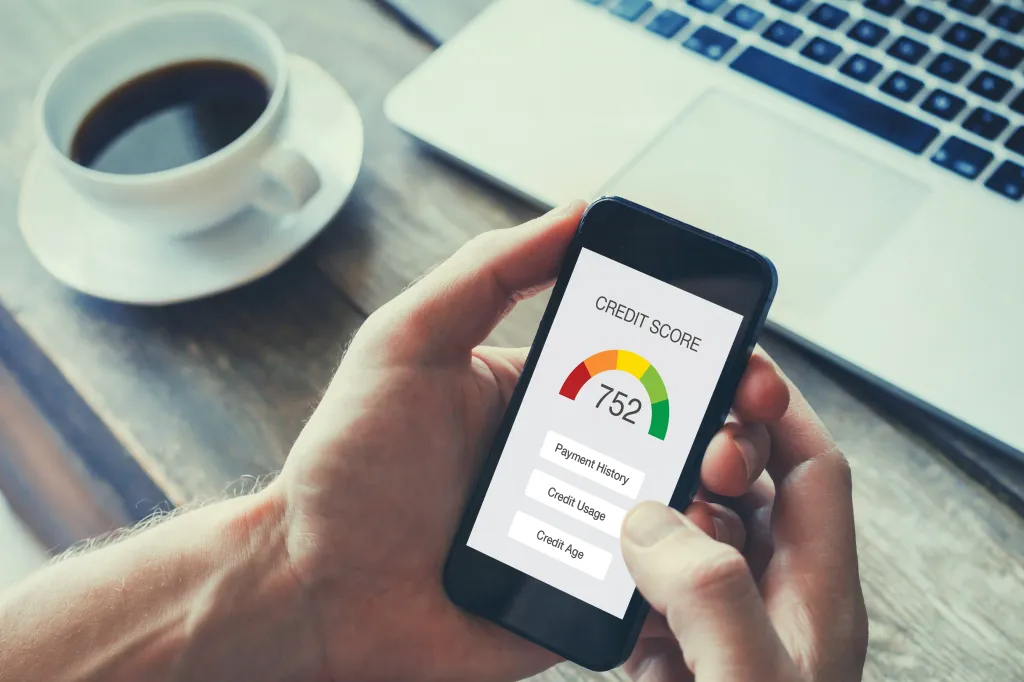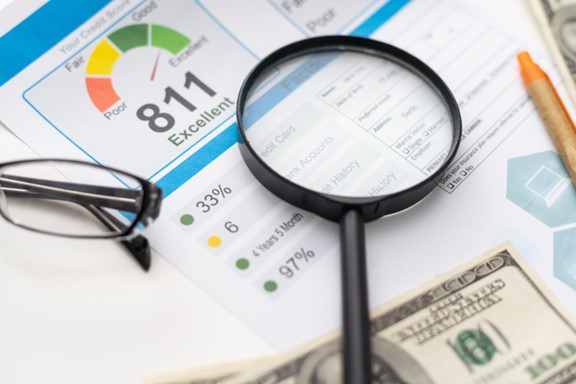Published July 10, 2023 • 4 Min Read
While credit card debt isn’t always easy to pay down, there are ways to make a significant dent — or pay it off altogether.
1. Focus on one debt at a time
There’s a reason hockey players take playoffs “one game at a time” and that marathoners race “one mile at a time.” When you break a long-term goal into smaller steps, it becomes more manageable and easier to achieve. The same goes for your credit card debt.
While it’s crucial to make at least the minimum payment on each card with a balance. Once you’ve done that, focus on paying down the total balance on one card. There are two key strategies you can use for this:
The avalanche method
Once you identify all the balances you’re carrying on your cards and the interest rates associated with each balance, the avalanche method involves paying the card with the highest interest rate first. The benefit of this approach is that you reduce your interest costs faster, freeing up cash that you can apply to other debt.
The snowball method
In this approach, you focus on paying the smallest balance first. Then once that’s paid off, take the money you were paying to that balance and use it to pay down the next smallest balance. The main advantage of the snowball method is that it gives you a feeling of satisfaction and accomplishment as you knock one of your debts fully off your list.
2. Pay more than the minimum
Yes, you need to cover the minimum payment for your credit cards each month. But if you check your statement, you’ll see an estimation of how long it will take you to pay off your balance by only paying the minimum. Usually, that timeline is quite long.
Every dollar over the minimum payment goes toward your balance — and the smaller the balance, the less interest you pay. Every dollar counts!
3. Consolidate multiple balances into one
If you have access to a lower-rate credit option, such as a loan or line of credit — or if you have equity in your home — you might be able to consolidate your balances into one place. For one, it gives you just one payment, making your debt more manageable. Plus, consolidation loans and lines of credit typically come with lower interest rates than your traditional credit card.
Using the equity in your home — through a Home Equity Line of Credit (HELOC) or by refinancing — may provide the best opportunity for interest rate savings. Most loans secured against a home will have a lower interest rate than other credit solutions.
If you do consolidate, it’s important to take steps to avoid accumulating debt on your credit card again. Consider paying for your purchases with debit or cash or following a budget that keeps you aware of and on track with your spending.
4. Free up cash to pay debt faster
Remember that every dollar you can allocate to your debt repayment goes a long way — not only does it reduce your credit card balance, it reduces the amount in interest you need to pay to carry the debt.
Try to speed up your debt repayment by trimming your expenses where you can. Track your expenses for at least a month to see where your money is going, and find areas to bring down your costs. You may be surprised by how much you can reduce your monthly cash outflow.
If conquering your credit card debt feels like an uphill battle, remember to approach it in smaller, manageable steps. While it may take some time to reach your goal, you will get there.
This article is intended as general information only and is not to be relied upon as constituting legal, financial or other professional advice. A professional advisor should be consulted regarding your specific situation. Information presented is believed to be factual and up-to-date but we do not guarantee its accuracy and it should not be regarded as a complete analysis of the subjects discussed. All expressions of opinion reflect the judgment of the authors as of the date of publication and are subject to change. No endorsement of any third parties or their advice, opinions, information, products or services is expressly given or implied by Royal Bank of Canada or any of its affiliates.
Share This Article






